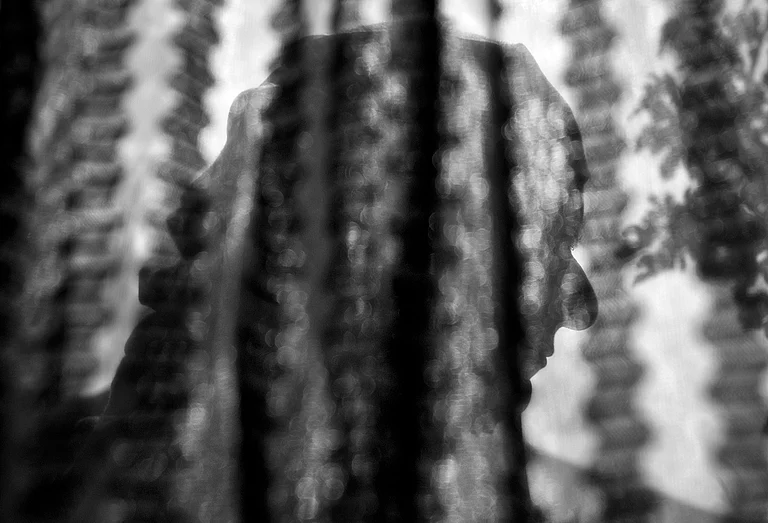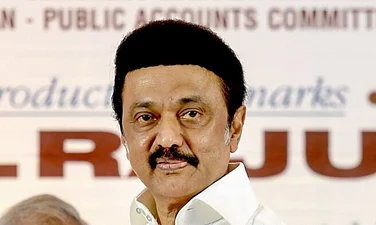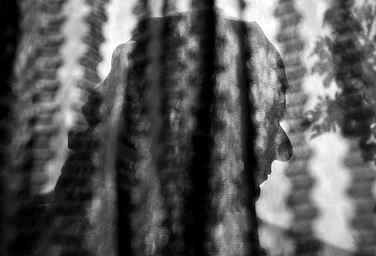IN September 1947, as the riots worsened, my father decided to shift to India. We agreed to send the womenfolk by ship to Kandla. A fortnight later, they moved to Delhi. All we could rent was a one-room place in Karol Bagh. I went back to Karachi to, wind up. That's where I heard Nehru's 'tryst with destiny' speech, and of Gandhi's assassination. I was in a coffee house. My God! I can never forget that scene. Everyone had one anxiety, "Hope it wasn't a Muslim". Muslims sobbed. People to people, those are the things you remember.
Karachi was aflame by early '48. A friend, Raja Ghaznafar Ali, traced me to a hotel I'd shifted for safety, put me on a Delhi-bound plane. Thus I arrived, a refugee in India. Everything lost: my business in Karachi, our properties in Jhelum. We never anticipated such a rigid border. We thought it'll be easy. That's why the Partition hurt.
Delhi was hard. A Karol Bagh tongawala once mistook bearded Satish for a Muslim and refused to ferry him and my wife. Caused a near-riot. I had no vehicle, and would walk from Rohtak Road to Connaught Place. Later, at Babar Lane, we got two rooms. A demented widow was allotted the other two--bathroom and kitchen shared. She'd rave, rant all day. It was unnerving.
The '57 NDMC poll was my political debut. Unsure of my standing, I walked up to the panwala near our Hanuman Lane house saying, "Let's see if he knows me". He didn't. Crushed, I turned away, when recognition flickered in his eyes. "Of course, you are Naresh's father." Despite such dubious credentials, I won. Did I ever think I'd become prime minister? Never. That's the thing about India. Where else can a first generation immigrant become head of state?
Can India and Pakistan reunite? Impossible. History has moved differently for us. I don't wish it; it would be a grave mistake. Being good neighbours is enough.


























